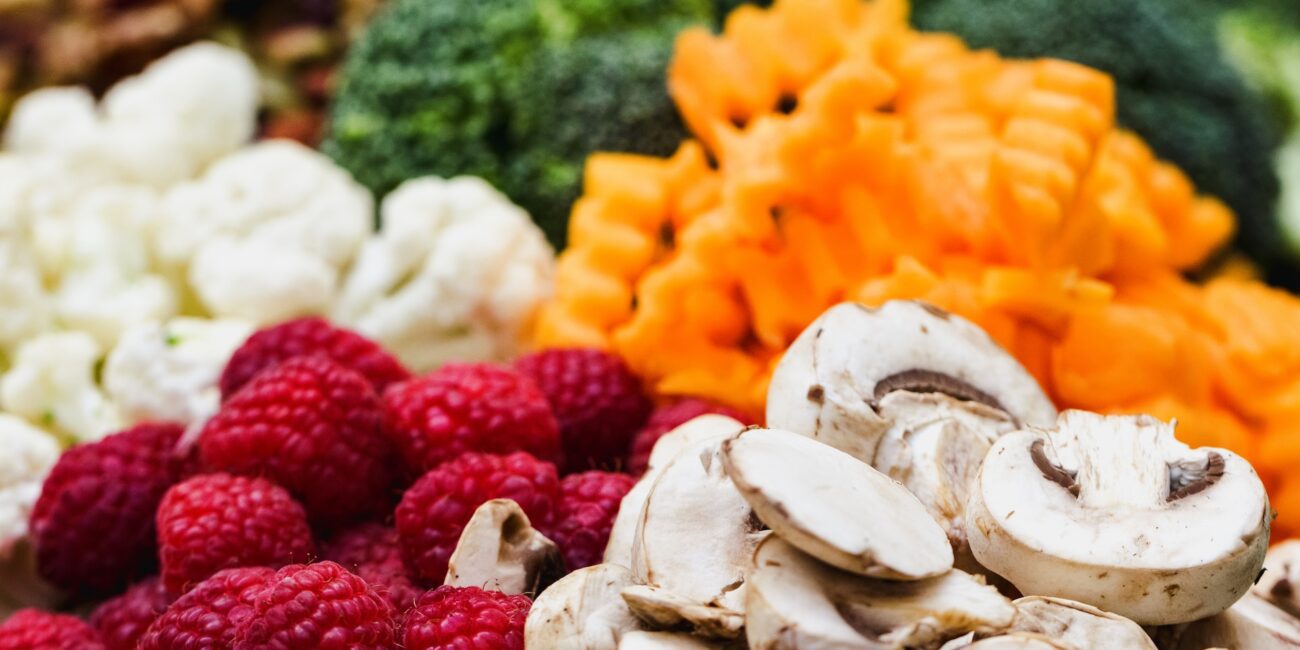Plant-Powered Protein: Unlocking the Secrets to a Vibrant Lifestyle
Hey, health enthusiasts! Join the protein party where plants steal the spotlight, and carnivores take a backstage pass. In this guide, we’re unveiling the wonders of plant-based protein, proving you can thrive without that steak on your plate.
Protein’s Symphony: Conducting Wellness
The Maestro Protein
Picture protein as the conductor of your body’s orchestra – directing growth, repair, and overall well-being. Amino acids, the tiny musicians, mend tissues, handle muscles, hormones, enzymes, immune systems, and nutrient transportation. It’s a multitasking maestro for your body’s harmony.
Beyond the Traditional Meat Parade: Redefining Protein Sources
Diverse Plant Players
Bid farewell to the myth that protein belongs exclusively to meat lovers. Enter the legume trio – beans, lentils, and chickpeas, your protein-packed squad. Tofu, tempeh, and edamame bring the soy-powered punch. Nuts, seeds, whole grains, and veggies join the protein party, offering a plant-powered feast for your amino acid cravings.
More Than Just Protein: A Bonanza of Health
Lean and Clean
Plant-based proteins aren’t just about amino acids; they come with health bonuses. With less saturated fat and cholesterol compared to animal counterparts, there’s a lower risk of heart issues, blood pressure drama, and certain cancers. Enjoy the perks of fiber, antioxidants, and phytochemicals – the dream team for digestion, weight management, and kicking inflammation to the curb.
Eco-Friendly Eating: A Green Step Forward
Ethical Dining
Choosing plant proteins isn’t just about you; it’s a win for the planet. Animal farming hosts an environmental bash with greenhouse gases, deforestation, and water pollution. Opting for plant proteins is your way of telling Mother Earth, “I got your back.” It’s a green step towards a sustainable food dance.
Heartfelt Choices
Sometimes it’s not just about nutrients; it’s about ethics. Plant-based living is a compassionate choice. Choosing plant proteins aligns your plate with your principles. It’s more than a nutrient choice; it’s a statement of compassion, kindness, and a commitment to ethical eating. Your plate becomes a canvas for your values.
More Than Just Protein on the Plate: Achieving Balance
Nutrient Symphony
While protein takes the stage, a balanced diet is the real star for vegetarians and vegans. Iron, vitamin B12, calcium, omega-3 fatty acids – they’re the supporting cast. Planning your meals right ensures a nutrient-rich performance for a healthy, vibrant lifestyle.
A Symphony of Plant-Powered Health: Wrapping It Up
Leading Notes of Protein
In the grand performance of your life, protein is the leading note, and plant-based options are your diverse orchestra. It’s not just about amino acids; it’s about a healthier you, a happier planet, and a more ethical approach to dining. So, whether you’re a lifelong vegetarian or a recent plant enthusiast, embrace the power of plant proteins – your body, the environment, and your conscience will thank you. Here’s to thriving on the vibrant notes of a plant-powered symphony!
FAQs About Plant-Based Proteins:
- Q: Can I get enough protein from plant sources alone?
- A: Absolutely! Legumes, tofu, and nuts are excellent protein sources for a balanced diet.
- Q: How can plant-based proteins benefit the environment?
- A: Choosing plant proteins reduces the environmental impact of animal farming, promoting sustainability.
- Q: Are plant proteins suitable for athletes and bodybuilders?
- A: Certainly! Plant-based proteins offer ample nutrition for muscle development and recovery.
- Q: What are some easy plant-based protein recipes?
- A: Try quinoa salads, lentil soups, and chickpea stir-fries for delicious and protein-packed meals.
- Q: Can a plant-based diet help with weight management?
- A: Yes, plant-based diets with lean proteins and fiber can aid in weight control and overall well-being.



